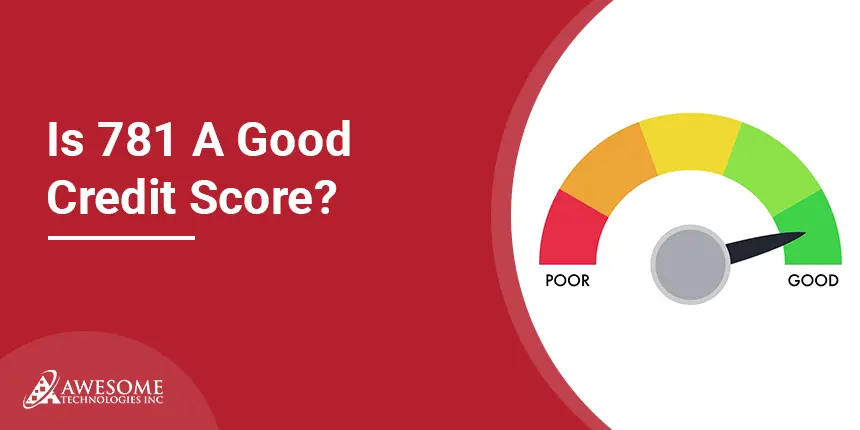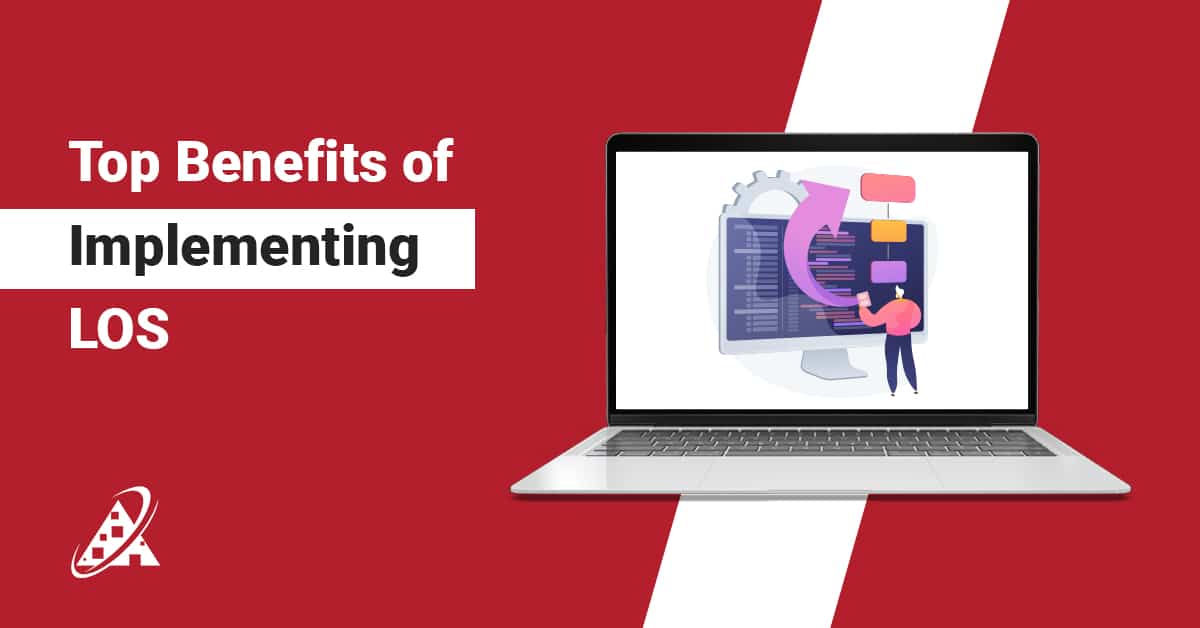Credit scores are a crucial aspect of personal finance, yet many people find them mystifying and confusing. Understanding what constitutes a good or bad credit score is essential for anyone looking to access credit, whether it’s for a car loan, a mortgage, or a new credit card. In this blog, we’ll demystify the world of credit scores, break down the different ranges, and explore what’s considered good or bad when it comes to credit.
781 Credit Score, Good Or Fair?
A credit score of 781 is very good credit score in the United States. Credit scores typically range from 300 to 850, with higher scores indicating better creditworthiness. While the exact criteria for what constitutes a “good” credit score can vary among lenders and credit reporting agencies, a score of 781 is well above the national average and should make it relatively easy for you to qualify for most types of credit, including loans and credit cards, at favorable terms and interest rates.
The Credit Score Range
Credit scores in the United States generally fall within a range of 300 to 850. These scores are used by lenders to assess an individual’s creditworthiness, with higher scores indicating lower risk. Let’s delve into each of the major credit score categories.
Poor Credit (300-579):
- A credit score in this range is considered very poor or bad.
- It indicates a history of serious credit problems, such as bankruptcies, foreclosures, or a high number of late payments.
- Lenders are likely to view applicants in this range as high-risk, and they may have difficulty obtaining credit or loans. If they are approved, the terms will be unfavorable, with high-interest rates and fees.
Fair Credit (580-669):
- A credit score in this range is considered fair, but still below average.
- It suggests a history of missed payments, debt collections, or other credit issues.
- While individuals with fair credit may qualify for some credit products, they are likely to face higher interest rates and may have more limited options compared to those with higher scores.
Good Credit (670-739):
- A credit score in this range is considered good.
- It indicates responsible financial behavior, such as consistently making payments on time and managing debt effectively.
- Individuals with good credit are generally eligible for most credit products, and they can expect to receive competitive interest rates and terms on loans and credit cards.
Very Good Credit (740-799):
- A credit score in this range is considered very good or excellent.
- It reflects a strong history of managing credit responsibly and a low risk of default.
- People with very good credit scores are highly likely to qualify for the best interest rates and terms available on loans, credit cards, and other credit products.
Excellent Credit (800-850):
- A credit score in this range is considered excellent.
- It signifies a nearly impeccable credit history with very few, if any, negative marks.
- Individuals with excellent credit scores are prime candidates for the most favorable lending terms, including the lowest interest rates and access to premium credit cards and other financial products.
The 781 Credit Score
A credit score of 781 falls in the “Good Credit” range. This means that you have a solid credit history, demonstrating responsible financial behavior. Lenders are likely to view you as a relatively low risk, making it easier for you to qualify for credit products at favorable terms, including competitive interest rates on loans and credit cards.
Conclusion
Understanding your credit score and where it falls in the credit score range is essential for making informed financial decisions. If your credit score is 781, you’re in a good position to access credit at favorable terms. However, it’s crucial to remember that credit scores are just one piece of the financial puzzle. Lenders also consider other factors, such as your income, employment history, and debt-to-income ratio, when making lending decisions.
Maintaining or improving your credit score can open up more opportunities and financial flexibility. Responsible financial habits, like paying bills on time, keeping credit card balances low, and managing debt wisely, are key to achieving and maintaining a good credit score. Regardless of your current score, the path to better credit is within reach through financial responsibility and smart credit management.












